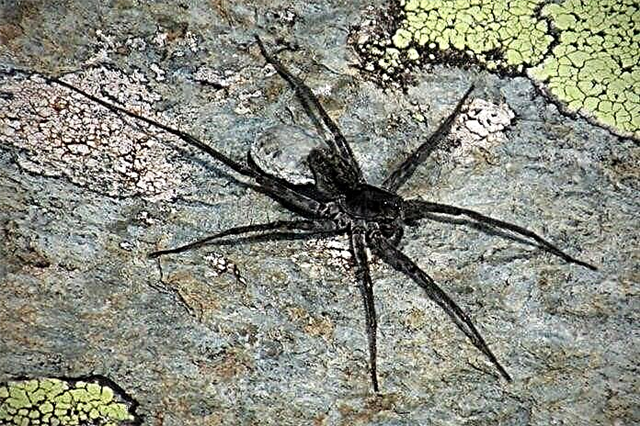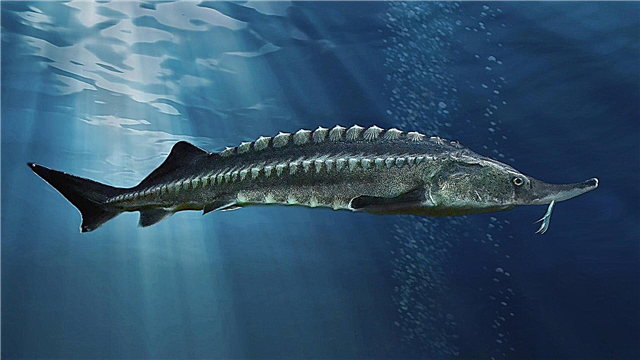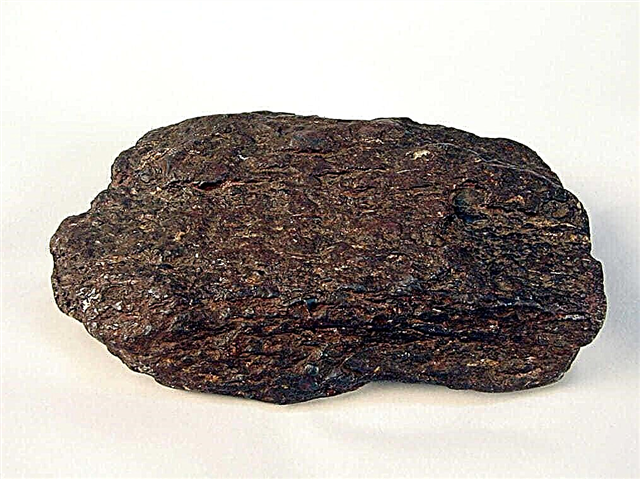
A new unique species of spiders was discovered on the territory of the Katun Biosphere Reserve. So far, the nameless species is assigned to the araneomorphic family Lycosidae, also known as wolf spiders.
Representatives of the genus Acantholycosa prefer mountainous terrain to open territories, many species endemic to Altai. Wolf spiders do not use cobwebs for hunting, attacking the victim and killing it with poison. For a person, a bite is not dangerous, although it can cause irritation, local inflammation and an allergic reaction.
According to expedition member A. Fomichev, the spiders discovered by zoologists did not show aggression. When meeting a man, they hid in stone screes. But scientists managed to take a photo and catch several adult specimens about 1.5 cm long. This is a great success, because wolf spiders are one of the fastest and most agile representatives of the squad.
The genus Acantholycosa is considered beneficial to humans and the ecosystem. Wolf spiders inhibit the growth of mosquitoes, aphids, flies, bugs and other insects by eating their larvae. Most representatives of the genus Acantholycosa do not tolerate neighbors, jealously guarding the territory even from the "invaders" of their species.
The discovered species is not allopatric - they settle in territories occupied by other species. It is not yet clear how such a neighborhood affects lifestyle and longevity. Zoologists explore the area in order to better study the unique case of mutual consent to the division of territory between different species.
At the end of the year, visitors to the Katunsky Nature Reserve will be able to find out more about the habits and lifestyle of the new “ward”.Spiders themselves can be seen in the collection of the reserve, and photos - in the Central Estate KBZ. In the natural habitat, a new species can presumably be found on the tourist route to the Multi Lakes.












